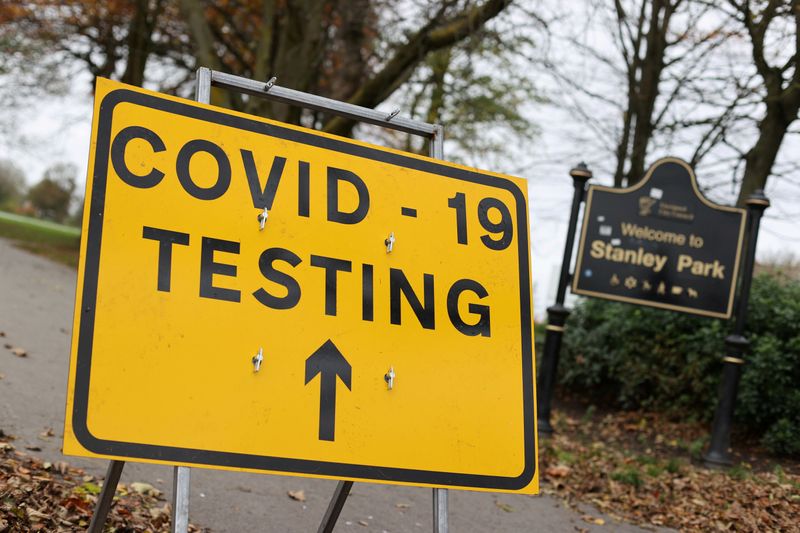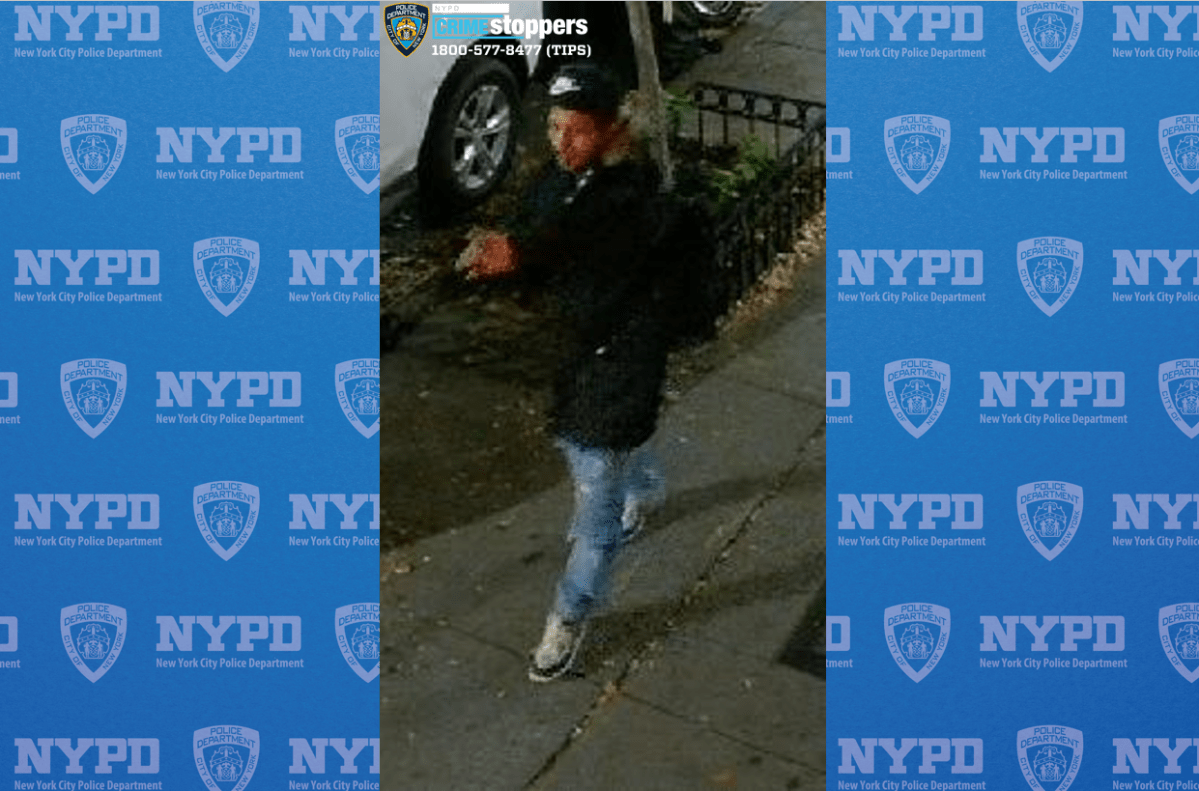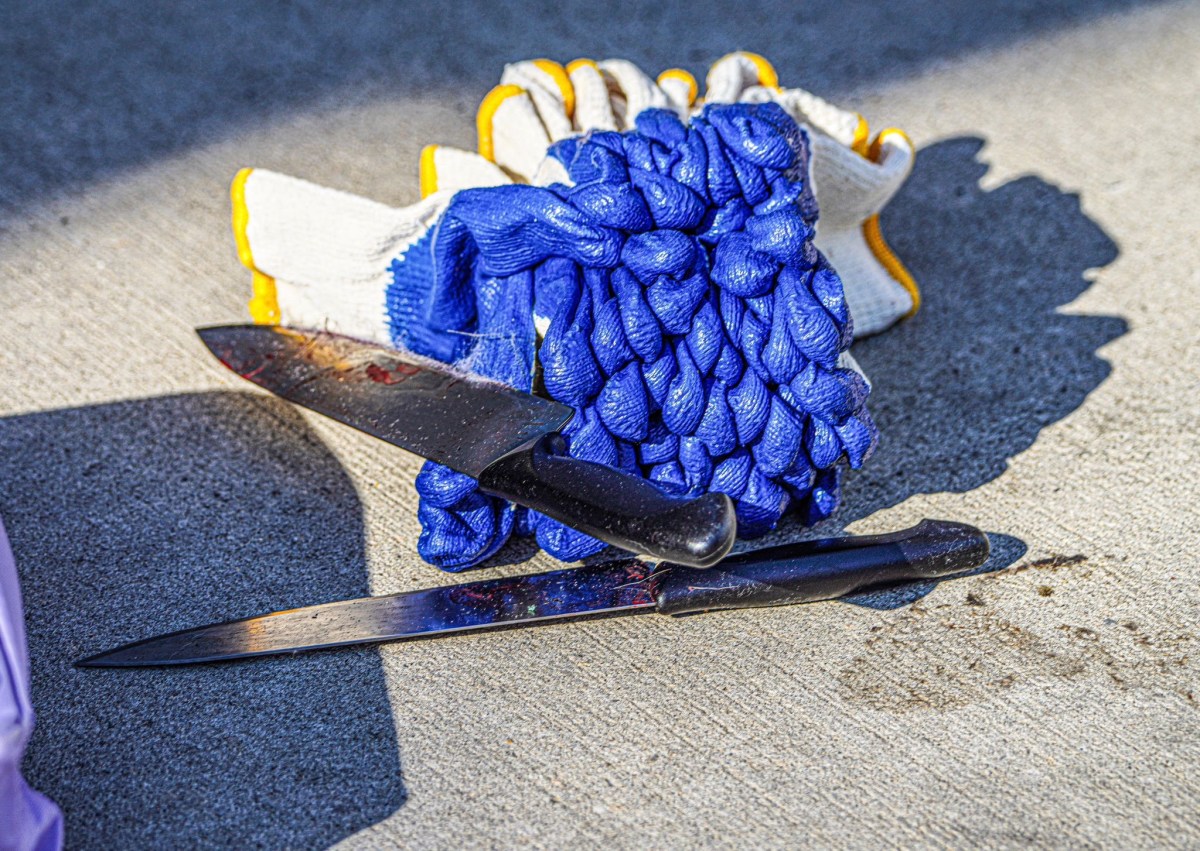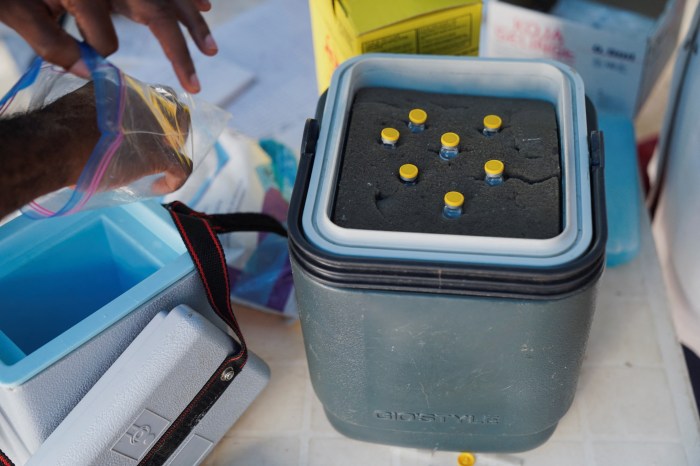LONDON (Reuters) – A group of scientists said on Monday that British Prime Minister Boris Johnson’s “Operation Moonshot” plan for mass coronavirus testing, intended to allow large parts of the economy to reopen, was likely to be ineffective and expensive.
Slovakia says mass testing has allowed it to reopen theatres, cinemas and churches, and the Chinese city of Wuhan, where the coronavirus is thought to have originated, tested its whole population in May.
The scientists acknowledged that Britain’s existing “test and trace” scheme, focusing on people with symptoms, had been plagued by difficulties.
But Professor Allyson Pollock, Clinical Professor of Public Health at the University of Newcastle, told reporters the evidence around rapid tests was “poor and weak at the moment”.
“We’re arguing the ‘Moonshot’ programme really should be paused, until the cost-effectiveness and the value for money of any of these programmes is well established,” she said.
Pollock, along with colleagues from universities in Birmingham, Warwick and Bristol, said the rapid tests – which usually produce results within minutes, rather than needing laboratory processing – could give false reassurance that people were not infectious.
She said the priority should be improving the test and trace system, which reached 85% of positive cases between Oct. 29 and Nov. 4, but only managed to ask 60% of their close contacts to self-isolate.
The government last week published an evaluation of an Innova rapid test, saying it had detected around 75% of positive cases, rising to 95% of individuals with high viral loads.
Jon Deeks, Professor of Biostatistics at the University of Birmingham, said analysis of the results showed that it might miss 25-50% of positive cases.
He also said it was not clear that the most infectious people could be identified reliably.
Though the false positive rate was just 0.4%, hundreds of thousands of people still wrongly be told to self-isolate, he said:
“It certainly isn’t a suitable way to make sure we have a safe Christmas, and they could actually do a lot of harm.”
(Reporting by Alistair Smout; Editing by Kate Holton and Kevin Liffey)























